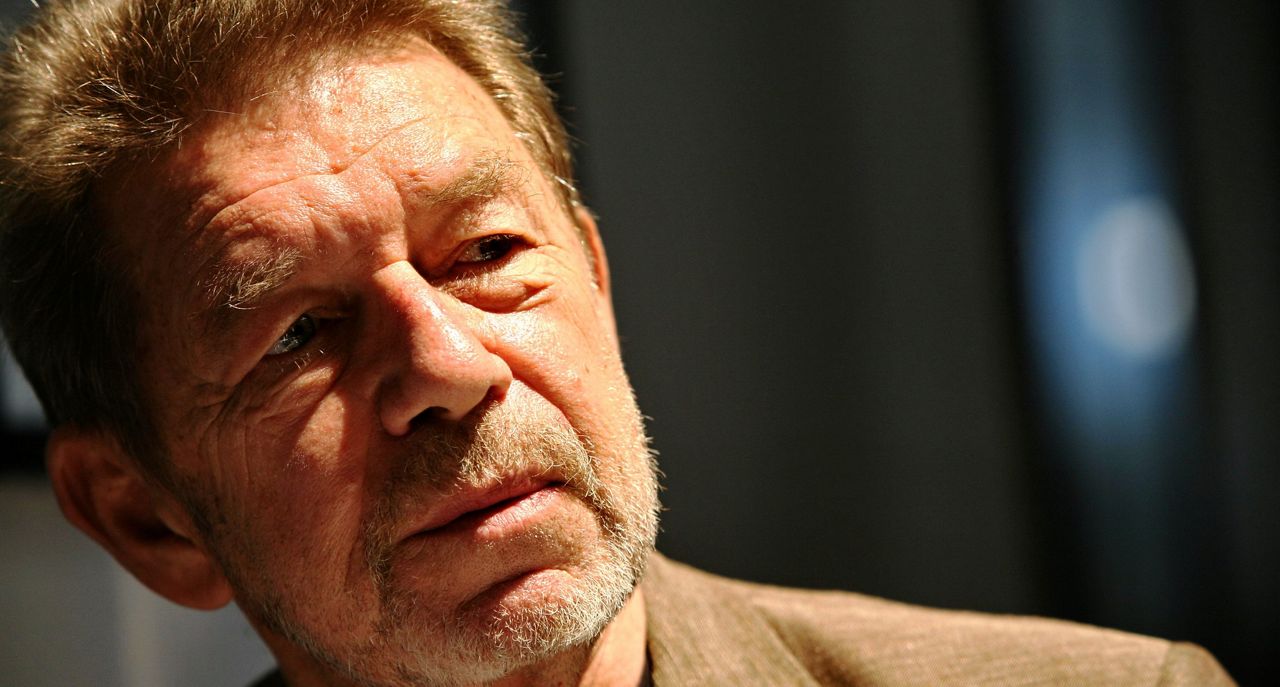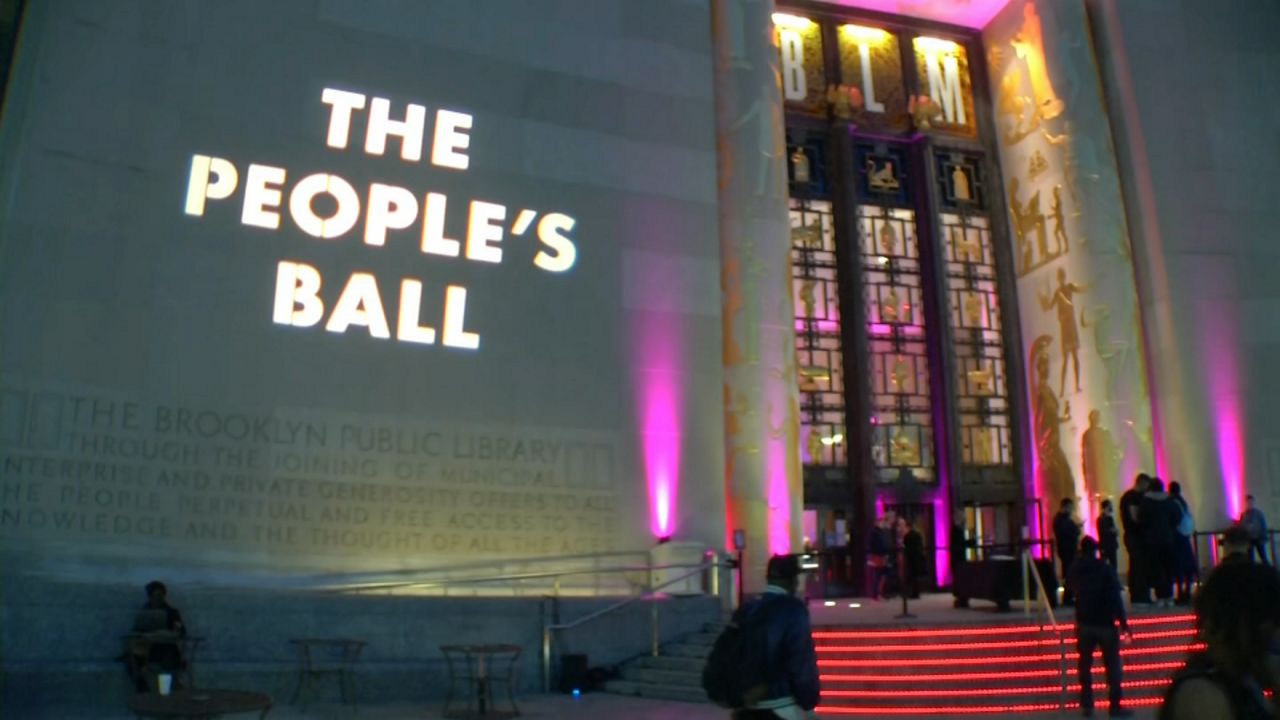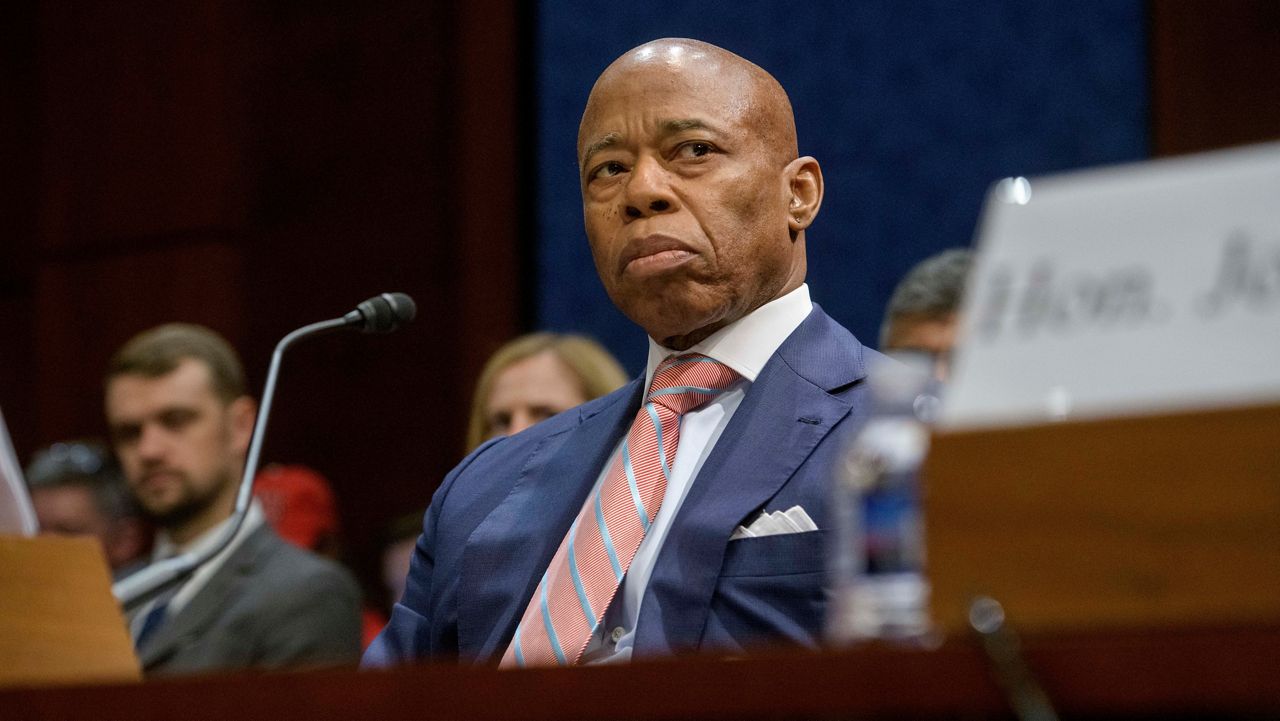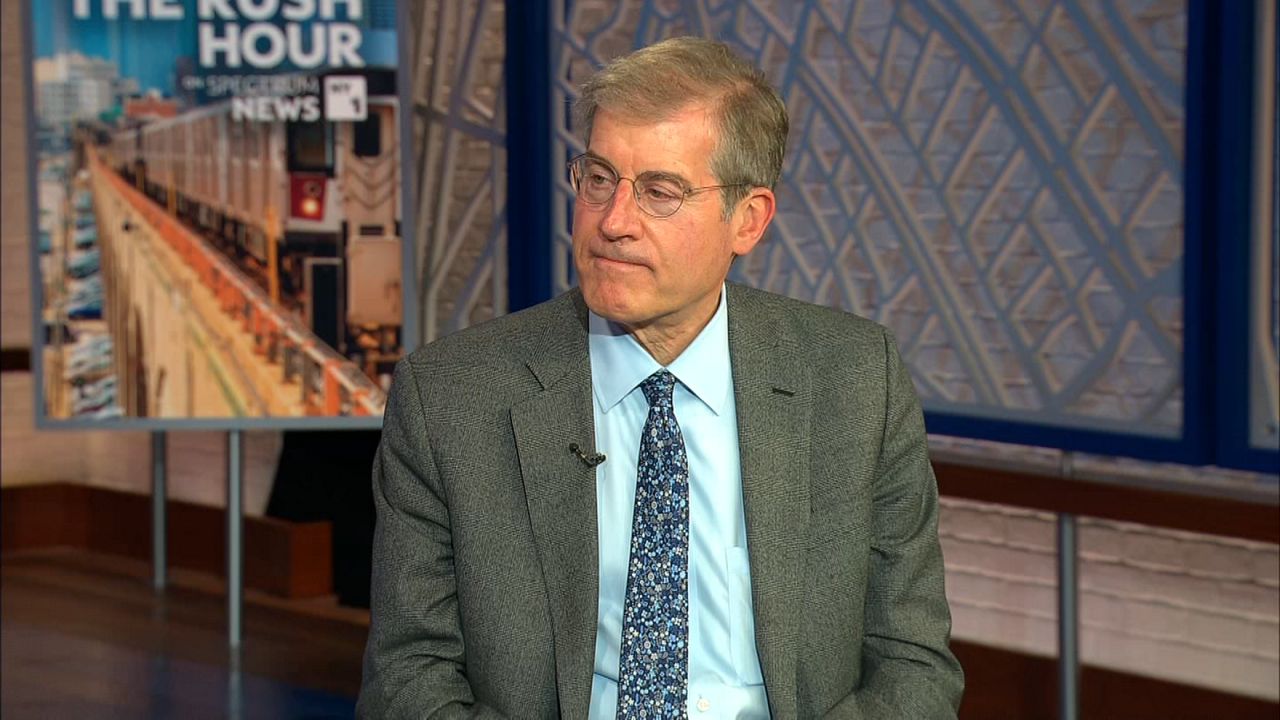How to summarize the 85 years of Pete Hamill — man of letters, man of the people, particularly, the people of New York?
There’s no other way but to let him tell you.
"I call it sensual writing — you use all your senses,” he said in a NY1 interview in 2004. “What did it smell like here? What noise was going on? So that you had sound in the piece. What is said, of course."
What Hamill wrote, first in longhand, got printed in many places: Books, liner notes for a Bob Dylan album, dispatches across the world. But every word seemed to flow from a bygone place: amid the clatter and smoke of tabloid newsrooms.
This was not long ago, though it may feel like it.
Words then popped in ink, not pixels.
”I never wrote down to the audience,” he said in that interview, with then-NY1 host Budd Mishkin. “I was writing for a tabloid — the two tabloids, but I never assumed anything about them being dumber than I am or anything like that. If they were buying a paper and reading, they were smart."
He was a Brooklyn kid, eldest of seven from immigrants from Belfast. A high school dropout and Navy veteran, he walked into the New York Post in 1960.
"The one thing I worked at a little harder maybe than a few other people is to retain that sense of wonder that I had about New York when I was a kid," he said.
He was the editor of the New York Post in the 1990s, as the paper caromed between owners and flirted with death. For a stretch, the office was a local diner.
Helming The Daily News came next. And then, there were newspaper columns.
To write it properly you stuffed a notebook in your pocket and you went out into the world.
“Being there, this was the important part of anybody who was a city columnist,” said Clyde Haberman of the New York Times, “as opposed to sitting in the office and going,” — here he blows something of a raspberry — “because you saw something on television or these days on the Internet or on your smartphone.”
In 2011, Hamill talked about it on “Inside City Hall” with NY1 Political Anchor Error Louis. He named others whose printed words distracted and annoyed and comforted New Yorkers through millions of subway commutes not long ago.
“Most of us — (Jimmy) Breslin and (Murray) Kempton and a lot of the others, (Mike) Royko and others in other cities — we were paid to have opinions, but the opinions were based on reporting. You went to the murder and then you had an opinion about it if you wanted to. And that was an amazing privilege.”
Hamill didn’t ignore the end. In fact, he bragged of the view from the gravesite he got, not far from his childhood haunts.
Here, he gets the last word:
"To have been a newspaperman, to me, is an honor,” he said. “When they cart me out to the Greenwood (Cemetery), it'll just say “newspaperman” on the piece of stone that says who the hell the guy — the former guy — is that’s lying under it."





_Pkg_Car_Stolen_with_Child_Inside_Clean_FOR_APPROVAL_134114017_565)


